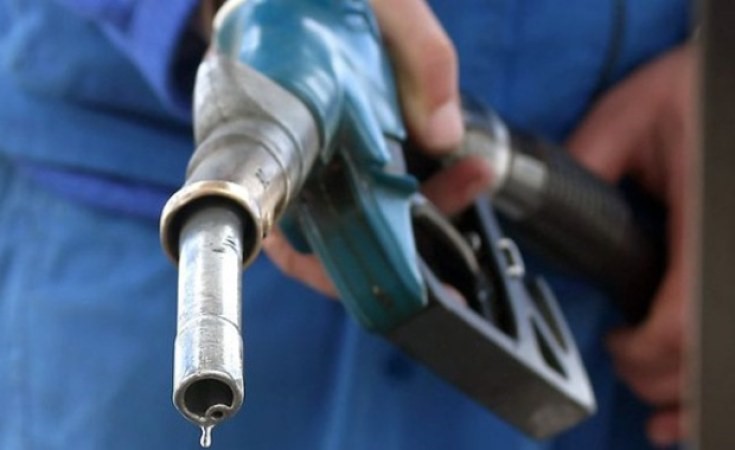By William Madouk
Juba City Council Deputy Mayor for Social Services announced plans to take action against fuel stations located near residential areas.
As fuel trade has become a lucrative, several investors vastly embraced the sector, scattering stations all over Juba, with some located next to residences.
Mr. Thiik Thiik Mayardit revealed that a committee formed by governor, Emmanuel Adil has submitted a report with recommendations.
“We have now gathered the information, and we are going to present our report to the governor of CES, and if he does not do anything, it will not be our mistake again,” Thiik said.
“We are going to close down some of the patrol stations; whether you are contracted for 30 years, you will go and ask that 30 years from somebody who contracted you,” he added.
He highlighted the danger of building a patrol station near residential areas, pointing out that a fire outbreak could cause severe damage.
“It does not occur for one person to later on kill the entire people of South Sudan; for that matter, it is good that the patrol stations must be close now, if only one person—don’t listen to one voice,” Thiik noted.
Furthermore, the Juba deputy mayor said he has been refusing to approve the establishment of the patrol stations within residential areas.
On June 20, 2023, the National Fire Brigade and Bureau of Standards said they had formed a joint committee to probe petrol stations adjacent to residential areas.
Former CEO of the National Bureau of Standards, Mary Gordon, said she was alarmed over the increasing number of fuel stations, spreading all over the capital city and even to residential areas.
“That has been a concern for all of us, including the Bureau of Standards,” Ms. Gordon earlier echoed.
She stated that the committee was set to investigate exactly how these patrol stations—estimated to be over 130 in number—have been spread all over the place, with a critical look at establishment authorization.
She said they would also investigate the origin and how the owners of fuel stations got the contracts.
Besides, Mrs. Gordon highlighted that some of the fuel stations pose a threat to adjacent people, properties, and houses should they catch fire.
It remains unclear of the committee performed their tasks.
Also, the Undersecretary at the Ministry of Environment and Forestry, Joseph Africano Bartel, tweeted on X, formerly known as Twitter that the ongoing trend of petrol station construction in residential areas poses a safety threat to residents.
“Juba City Council should stop approving these constructions, or else they will be liable for any loss or damage,” he cautioned.
In some countries, the rule is that fuel stations must be at least 400 meters away from one another. But you see how filling stations are closely situated all over, especially in the capital city of Juba.




